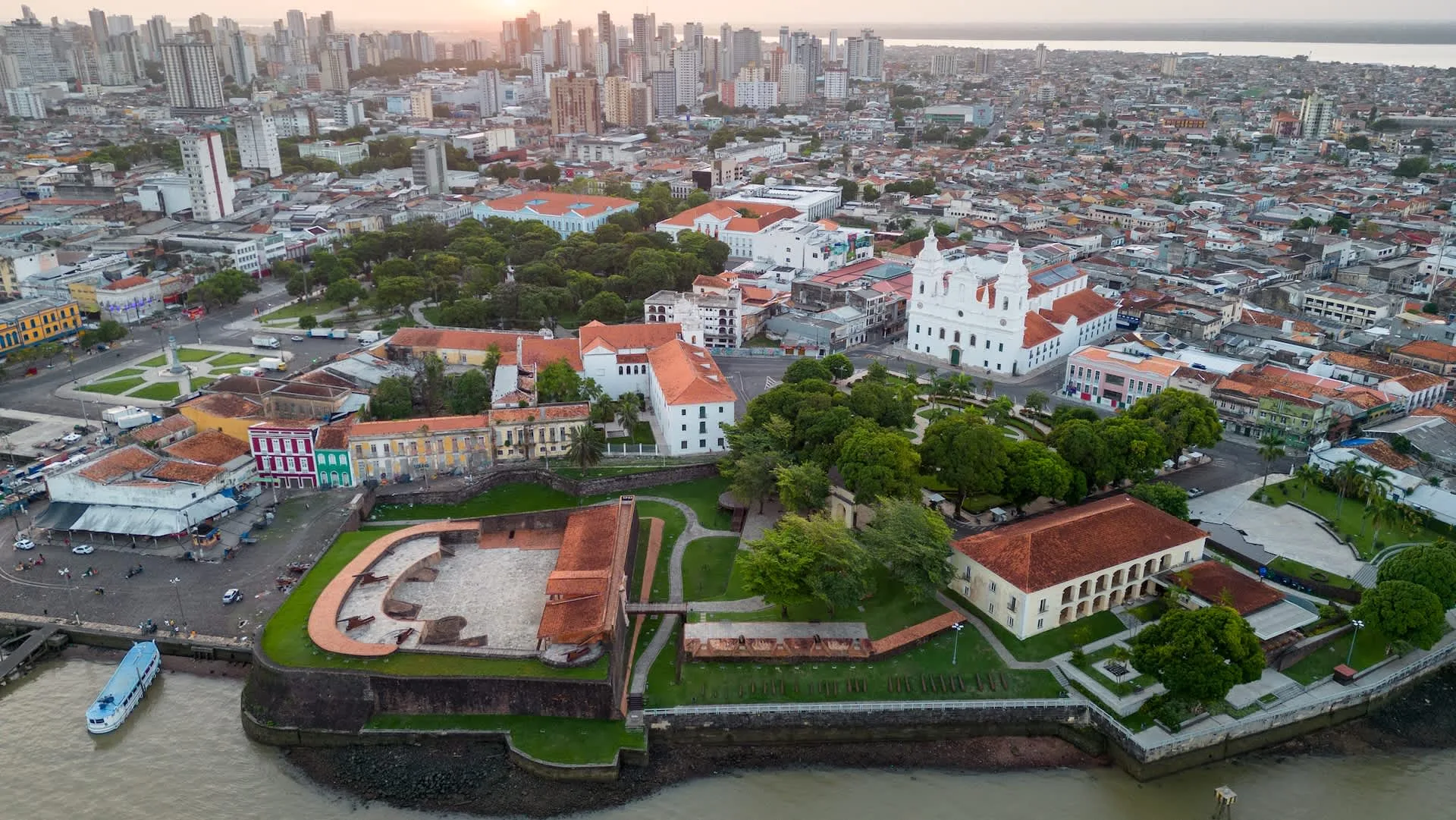Brazil Boosts Dengue Defense with Innovative Biofactory
In the ongoing battle against dengue fever, Brazil is deploying a new weapon: the Wolbito do Brasil biofactory. This facility is ramping up efforts to provide an additional layer of protection to communities heavily impacted by the mosquito-borne illness.
Understanding the Dengue Threat
Dengue fever, transmitted by mosquitoes, poses a significant health challenge in many parts of the world, including Brazil. The disease can cause debilitating symptoms and, in severe cases, can be life-threatening. Prevention and control measures are crucial to minimizing its impact.
The Wolbito Solution
The Wolbito method involves releasing mosquitoes infected with Wolbachia bacteria. These bacteria naturally block the dengue virus from replicating inside the mosquito, reducing its ability to transmit the disease to humans. Here’s how it works:
- Mosquitoes are infected with Wolbachia bacteria.
- These mosquitoes are released into the environment.
- They breed with wild mosquito populations.
- Over time, the Wolbachia bacteria spread throughout the mosquito population.
- The result: fewer mosquitoes capable of transmitting dengue fever.
Biofactory’s Role
The Wolbito do Brasil biofactory plays a pivotal role in scaling up the Wolbito method. By mass-producing Wolbachia-infected mosquitoes, the facility enables wider implementation of this innovative strategy across affected areas.
Community Impact
The deployment of Wolbachia-infected mosquitoes promises significant benefits for Brazilian communities. By reducing dengue transmission, it aims to lower the burden on healthcare systems and improve public health outcomes.
Looking Ahead
As the Wolbito do Brasil biofactory expands its operations, it is expected to contribute substantially to dengue control efforts nationwide. This initiative underscores the importance of innovative approaches in tackling infectious diseases and safeguarding public health.
Final Words
Brazil’s proactive stance against dengue fever, exemplified by the Wolbito do Brasil biofactory, signifies a major step forward in disease prevention. The Wolbito method provides a sustainable and environmentally friendly solution, offering hope for a healthier future for vulnerable populations.



+ There are no comments
Add yours